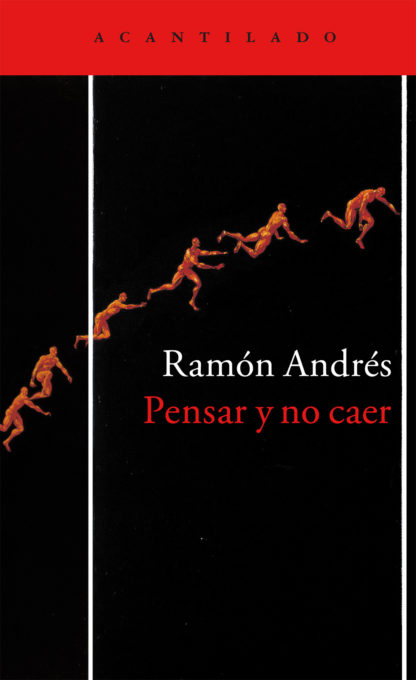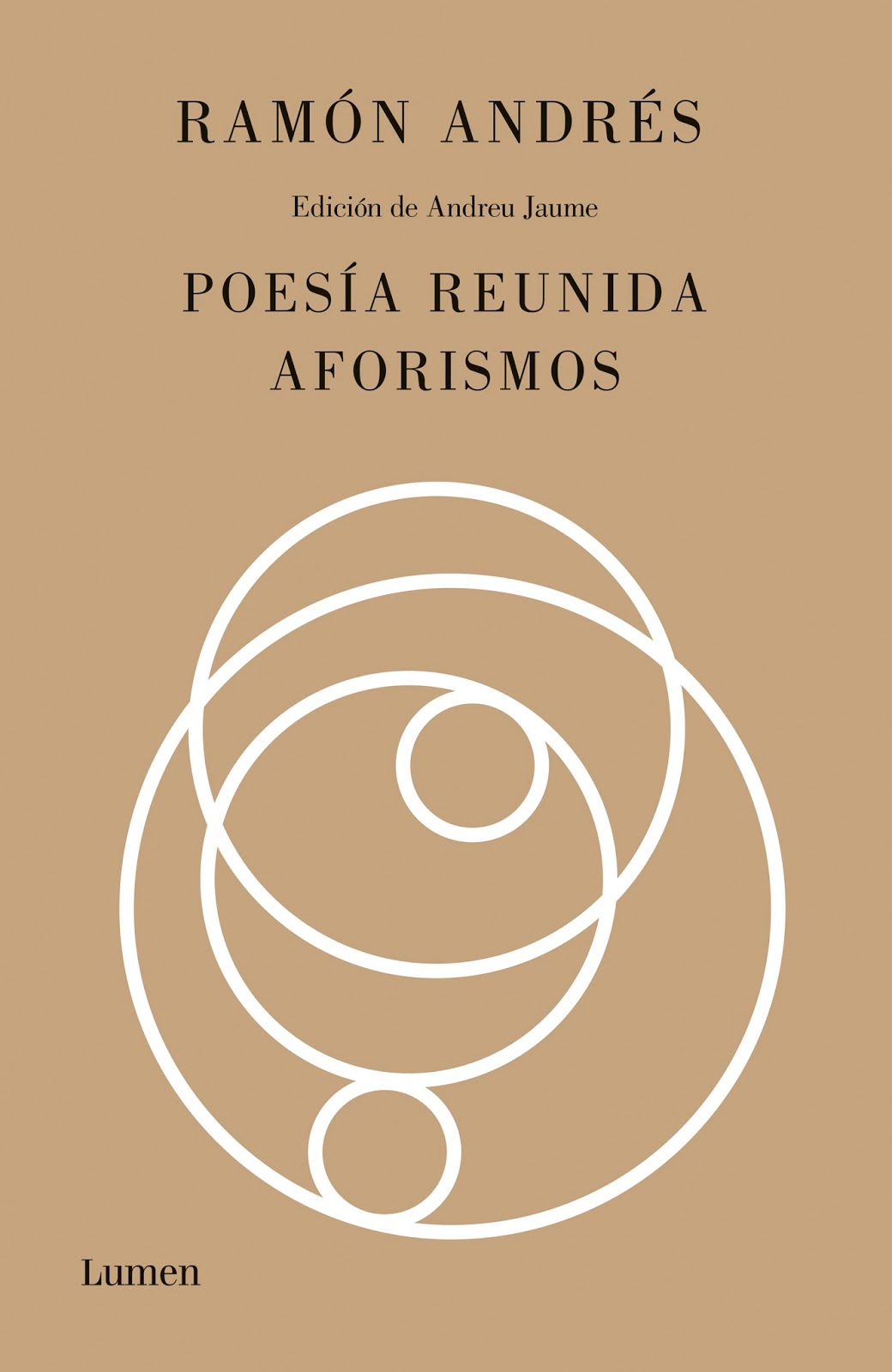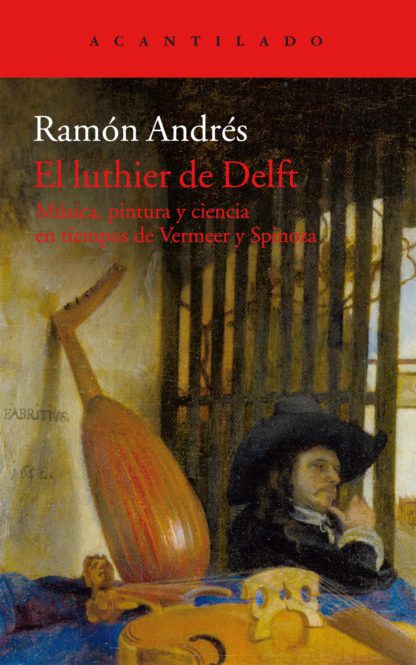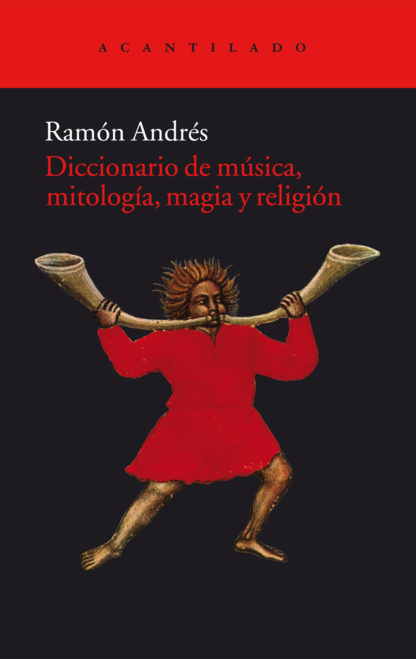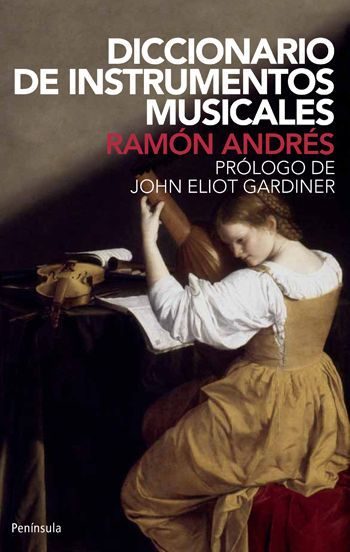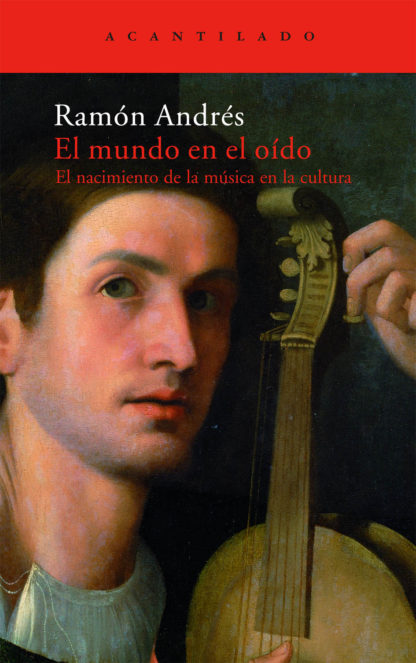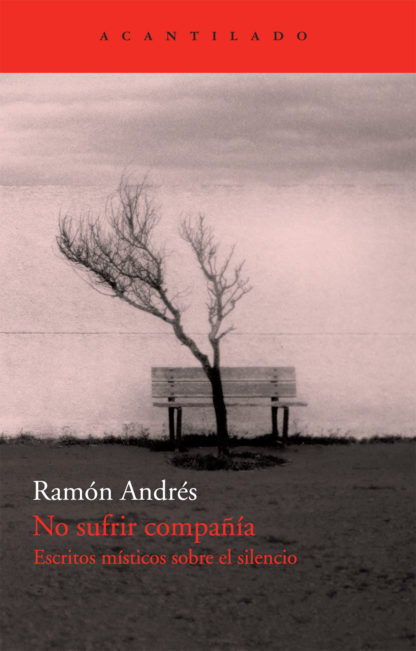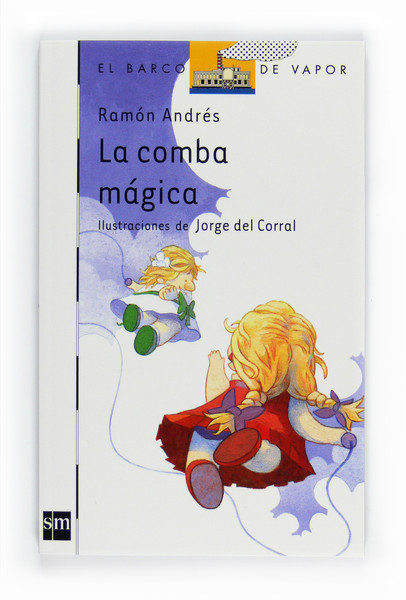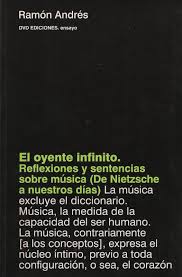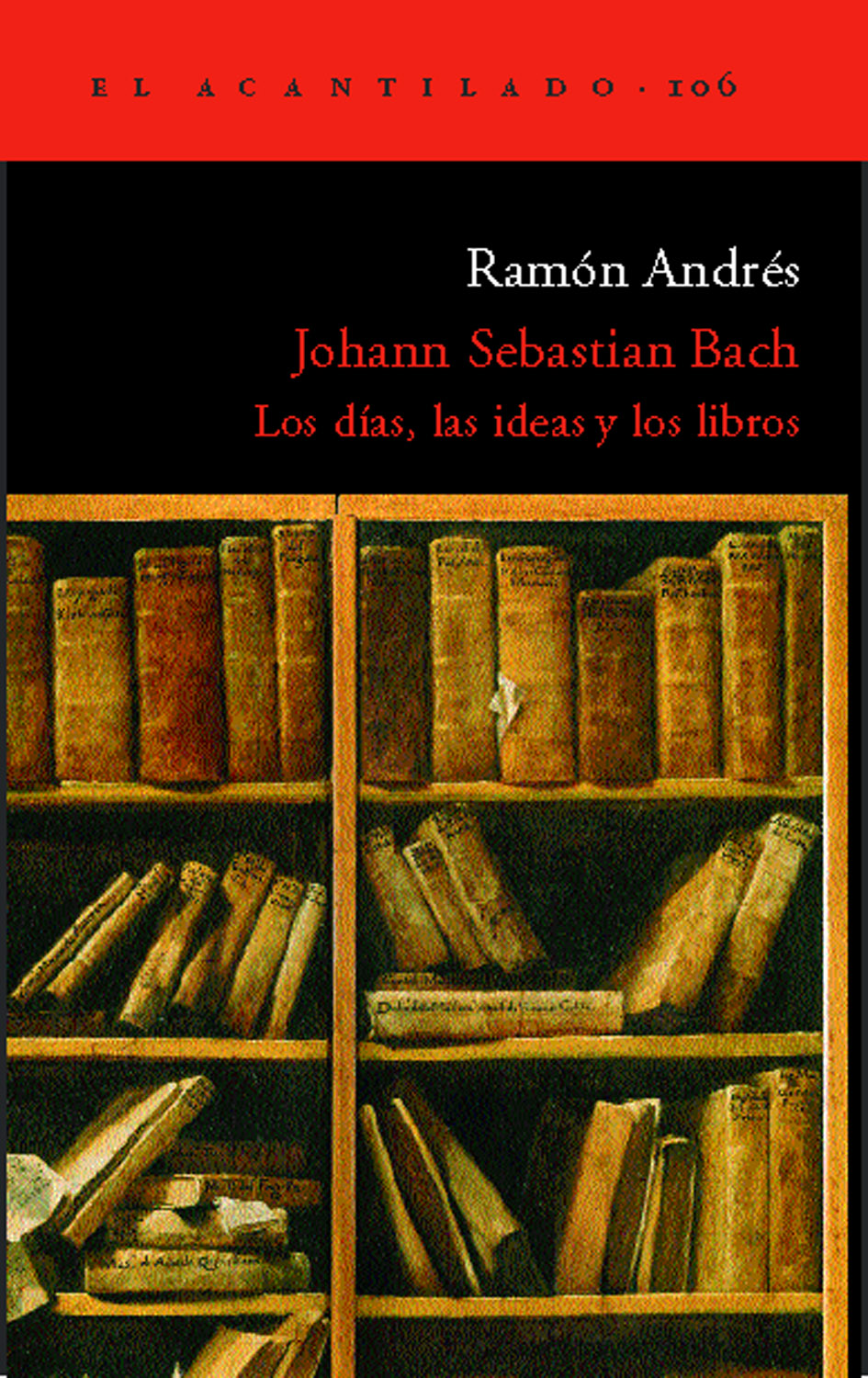
Claudio Monteverdi, ‘Lamento della Ninfa’
(Claudio Monteverdi, “The Nymph’s Lament”) The nymphs, daughters of Zeus and Themis, live “in the fountain where the froth first rises, in the gleam as the water gushes forth, in the water’s reflection where the foliage lets a shaft of sunlight penetrate. They bathe downstream, leaving patterns in their wake. […] They sing, play instruments and dance. They have no wish to be seen, and yet, hidden and lurking behind thickets, the eyes of gods and men crave a sighting. They are loved and, only occasionally, they love.” Leafing through Rinuccini’s Poesie, Claudio Monteverdi was struck by the canzonetta that would, to our great fortune, later become The Nymph’s Lament: a piece of singular beauty, delicate and unforgettable. Only a musician as transgressive as Monteverdi, who aspired to match melody and feeling and so bring forth what had hitherto remained unheard, could give voice to the anguish of creatures who live between two worlds, yet without ever fully belonging to either. Drawing on art, literature and music, this delightful work explores the backdrop to that magical encounter between the Italian maestro and his nymph: an unparalleled homage to the love of beauty.
“A book that should serve as a touchstone, a textbook example for any writer working in a specialist niche.” Jordi Llovet, El País
“Ramón Andrés delves into Monteverdi like some sort of cultural entomologist. Brevity is not a byword for levity, and readers reaching the end would be well advised to turn straight back to the first page.” El País
“Few composers have forged such an intimate relationship with the written word, exploring the rhythms, nuances and acoustics of language, arranging them into a musical flow that surprises and moves in equal measure.” Stefano Russomanno, ABC
“Readers are unlikely to come across an homage as original and with as much depth of thought as Claudio Monteverdi. The Nymph’s Lament. Ramón Andrés traces a series of never-ending concentric circles around himself, possible only thanks to a breadth of reading that touches frequently on classical antiquity and in which art, literature, philosophy and life combine seamlessly”. Luis Gago, El País
“A truly beautiful text, painstaking and deftly paced, which helps explain how the collective imagination of the modern era emerged”. Leer
